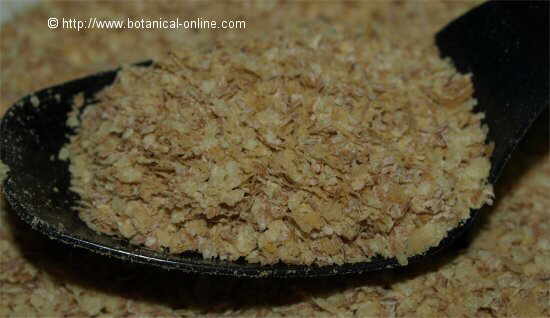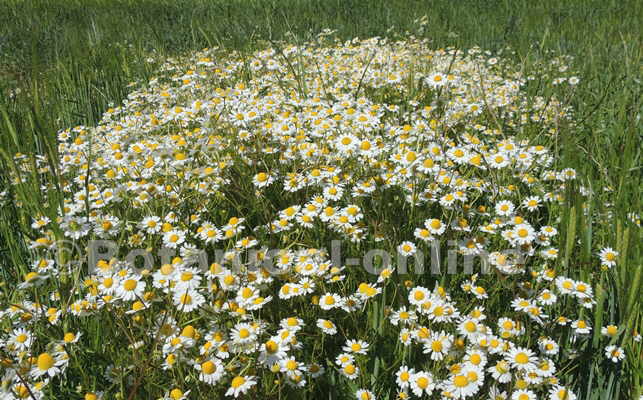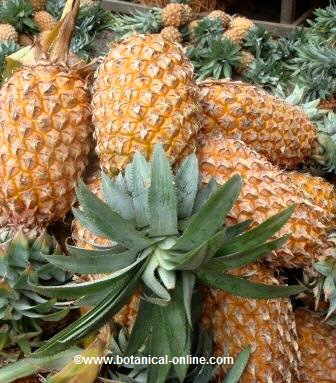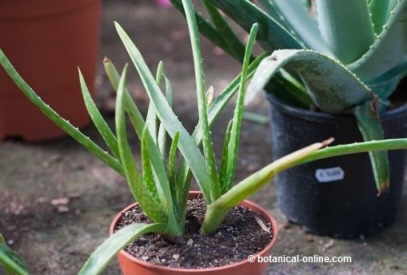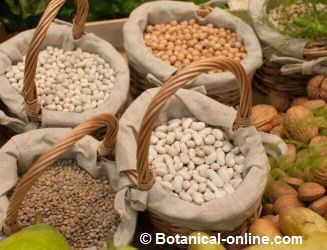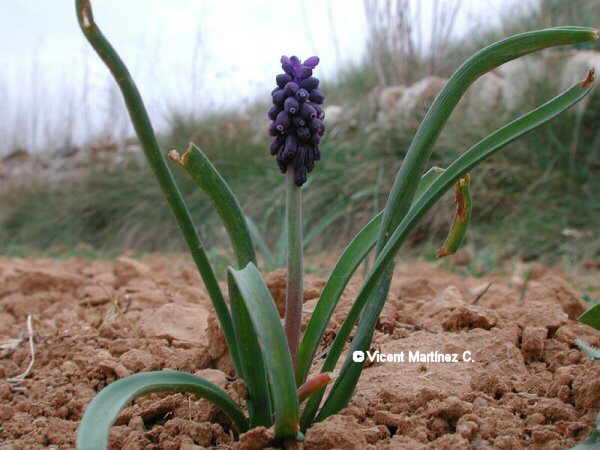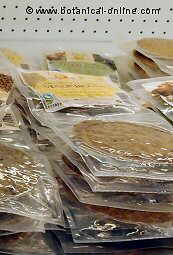Alternatives to coffee and tea
Where is caffeine? Caffeine sources in the diet
Caffeine is an alkaloid found in some plants. It takes its name from coffee because it was first discovered in the seeds of this plant, although other sources such as guarana are richer in caffeine. (Coffee seeds containing 2 % caffeine, guarana 8%).
By regularly consuming some plants that have stimulating effects, for its caffeine content, as kola, tea, coffee, mate, or sports drinks can turn out to be problematic for consumer health.
Cocoa contains theobromine, other xanthine that also has stimulatory effects on the nervous system.
| Content in caffeine of some beverages | |
| Drink | Mg. of caffeine per cup |
| Energetic drink | 85 |
| Coffee | 80 |
| Cola | 50 |
| Chocolate | 40 |
| Black tea | 40 |
| Semi-fermented tea | 30 |
| Red tea | 25 |
| Green tea | 20 |
| White tea | 15 |
| Rooibos | 0 |
What problems caffeinated drinks can have?
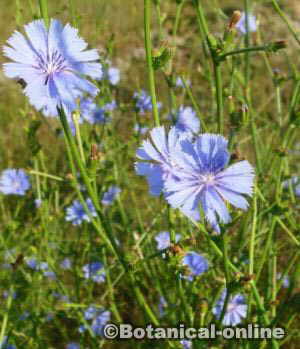
Initially, they are usually taken for their nervous system stimulant effect, but one just finally ends taking them not to not suffer the syndrome called caffeine withdrawal.
Therefore, it is a substance that besides having a stimulating effect on the nervous system of our body, also has addictive effect. So, it creates a need in the person consuming it, to go on taking the substance.
Withdrawal or caffeine addiction?
How is withdrawal to caffeine manifested?
It is very well known the effect of brainy fog, tinnitus, moodiness, headaches or migraines, after not taking caffeine, although these symptoms disappear when you restart the consumption of these drinks.
These painful and annoying symptoms, also eventually disappear if we do not restart the consumption of food, beverages or any substance containing caffeine. It usually takes about three days to disappear after stopping eating or drinking them.
Negative symptoms that caffeine causes
Regular consumption of caffeine not only results in periods of abstinence symptoms, but it usually causes disruption in our body.
Sometimes we are not aware or do not link the consumption of a food, beverage or substance, with the emergence of a number of symptoms with repetitive patterns that, without the intake of these products, did not previously appear.
Clearly, as in most cases happens, it can affect everyone differently and a specific symptomatology can be present or not, .
Some of the most frequent and common symptoms in people who regularly consume stimulants by its caffeine content, are:
– Cardiac disorders: arrhythmia, tachycardia, palpitations
– Digestive disorders: gastric disorder (gastritis, heartburn) or intestinal disorder (sudden changes of diarrhea and constipation),
– Nervous disorders: anti -fatigue, sleep disturbances, insomnia, somnolence (when there is excess caffeine consumption), but also changes our mood, as an increase in the facility to be or be irritable, out of the usual.
* More information: Side effects of caffeine
- There are people who are very sensitive to caffeine, so taking tea or coffee is not recommended for them
Alternatives to tea and coffee: aromatic and medicinal effects
To avoid all these problems, we can find some alternative infusions to tea or coffee, which are not addictive (they do not produce such associated symptoms) but they lead to pleasant, aromatic and medicinal effects.
| Plant | Effects |
| Chicory | Improves digestion, clears the liver and gallbladder |
| Mogdad | Anti-inflammatory, anti- constipation |
| Dandelion | Increases appetite, clears the liver and gallbladder |
| Dryad or Swiss tea(Dryas octopetala) | Increases appetite, improves digestion |
| Teas for sleeping | (Article about teas for sleeping) |
| Oak | Astringent |
| Rooibos (green or red) | Digestive, tonifying |
| New Jersey Tea(Ceanothus americanus) | Unblocks the airways |
| Stones tea(Jasonia glutinosa) | Toning and improves digestion |
| Thyme | Central nervous system tonifyer |
| Violet | Unblocks the airways |
Remedies with tea
Tea is indicated in diarrhea, colitis or conjunctivitis (as eye drops affected eye wash). An alternative with non addictive effect, but with the same action, may be for example, sage, thyme or chamomile, respectively.
Which is the less stimulating tea?
It is recommended that people sensitive to the effects of caffeine do not take tea to relax as it can cause them nervous excitement. In these cases we recommend:
– Rooibos: This is a plant of South African origin (not made from the tea plant) that does not contain caffeine, which has no stimulating action on the nervous system. It has digestive properties and it is rich in magnesium, which helps muscles to relax and prevents insomnia. Hot Rooibos infusion is suitable to help you relax.
Related information: The best tea to sleep
![]() More information about tea.
More information about tea.

